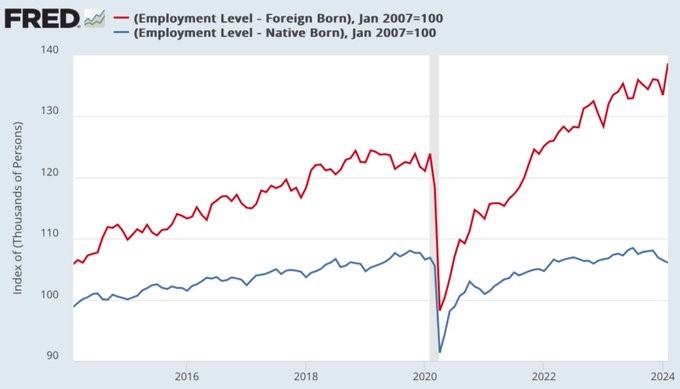Iowa State Senator Adrian Dickey (R, Packwood) has introduced SF 2374, which is a bill that would
require each public employer to “submit to the [Public Employee Relations Board, or PERB] a list of employees in the bargaining unit” within 10 days of a union recertification election.
Never mind that Iowa’s taxpaying citizens have every right to know what their tax dollars are being used for and who’s being paid with them. Never mind, either, that the bill requires public employers, not unions, to submit lists of eligible employees. Never mind, either either, that unions insist on precisely this information when it’s useful for them; unions just call it card checking.
Jesse Case, Teamsters Local 238 Secretary-Treasurer, says that everything—including strikes—are on the table if that’s what it takes to stop the bill. He’s even proposing some wildly inappropriate, deliberately dangerous, union actions if his union doesn’t get its way:
Let’s say you’re a water treatment person and you get a call at three in the morning that says, “The water supply’s going down,” you’re not obligated to answer that call and that’s not a strike.
It’s not a work stoppage because you’re not getting paid at three o’clock in the morning to answer your phone. In fact, it’s against the law to make somebody answer their phone if they’re not receiving pay.
…
It’s [sic] there’s a blizzard moving in at three in the morning, you can go into work at seven or six or your regular scheduled time—call Senator Dickey to come plow your streets.
The union doesn’t care about the risks to businesses or lives; they want their way. The union doesn’t care that those hours already count as serious overtime, emergency or not, with serious extra pay associated.
These strike threats, these union flu work slowdowns, this you can’t have anything unless we get everything ideology, this legalized extortion—nice business/state/whatever you got there, be too bad if something was to happen to it—is exactly why today’s unions need to be busted.
The Iowa legislature and Governor need to stand tall and pass the bill and apply the consequences to these unions.



